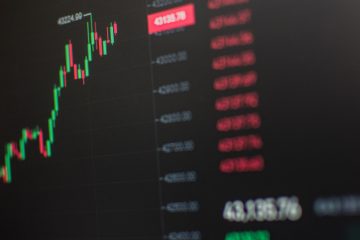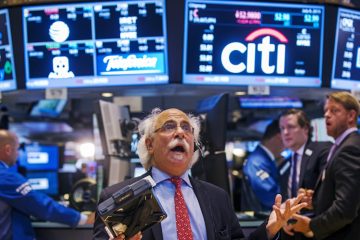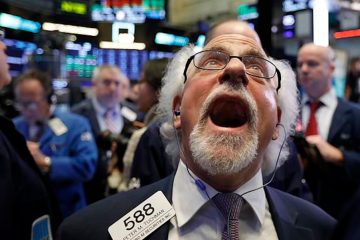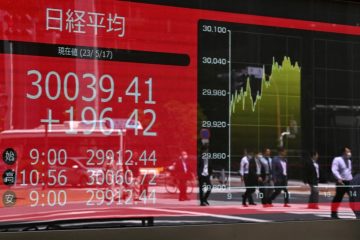Should judges assume that markets are efficient?
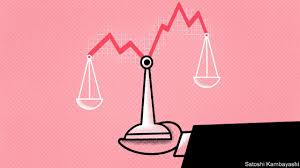
ECONOMISTS HAVE long argued about the workings of financial markets. Some, like Eugene Fama, argue that markets adjust swiftly to include all available information, an idea supported by the difficulty of predicting short-term stockmarket moves. Others, like Robert Shiller, posit that psychology has a big effect on market prices, pointing out that share prices fluctuate far more than fundamental variables such as dividends. The pair were jointly awarded the Nobel prize in economics in 2013 (along with Lars Peter Hansen).
The question is puzzling judges (or “chancellors”) in Delaware, where more than half of America’s public companies are listed. Last year the chancery court of Delaware decided that some shareholders of Aruba Networks, a company that Hewlett Packard (HP) acquired in 2015, should be awarded just $ 17.13 per share—the price before the deal was announced. HP paid $ 24.67. The judgment deferred entirely to the market, above all other evidence of what Aruba might be worth—including what HP was willing to pay. It was overturned by Delaware’s supreme court on April 16th.
Usually, if investors differ from the market in their opinion of a company’s value, they can buy or sell its shares. The exception is during a takeover. If most shareholders vote to sell at a given price, the rest must sell at that price, too. A process known as merger appraisal allows those who opposed the deal to argue before a judge that they have been short-changed. If the judge agrees, the company will have to pay the holdouts more for their shares.
Merger appraisal had become appealing to arbitrageurs, who would buy shares of takeover targets, vote against any deal and sue for appraisal. If their bid succeeded, they could get a large payout. If it failed, the acquiring company would still have to pay them the deal price. It would also have to pay them interest for holding the cash they would have received for their shares for the duration of legal proceedings—at a remarkably juicy 5 percentage points above the federal discount rate, currently 3%.
Legislators in Delaware first sought to stop investors flocking into this no-lose proposition by enabling companies to avoid accruing interest by making early payments to holdouts. Then, in 2017, the state’s supreme court introduced an element of risk by ruling that investors would no longer automatically get the deal price if their argument failed.
It is this ruling that has ignited the debate about how much weight judges should place on market values. The state supreme court decided to award more than the market price of $ 17.13, but less than the deal price of $ 24.67. It came to its price, of $ 19.10, by subtracting from the deal price an estimate of the value of synergies. (This has always been excluded from calculations of fair value in merger appraisals, since shareholders are deemed to have opted out of being compensated for synergies by voting against the deal).
Followers of Mr Fama will no doubt wish that the Delaware supreme court had followed the chancery court’s decision to defer entirely to market pricing. Those who hold that markets often err may fret that both courts’ rulings have made it riskier for a shareholder to point this imperfection out. But the changes are certainly likely to result in one efficiency: fewer lawyers will be involved.



